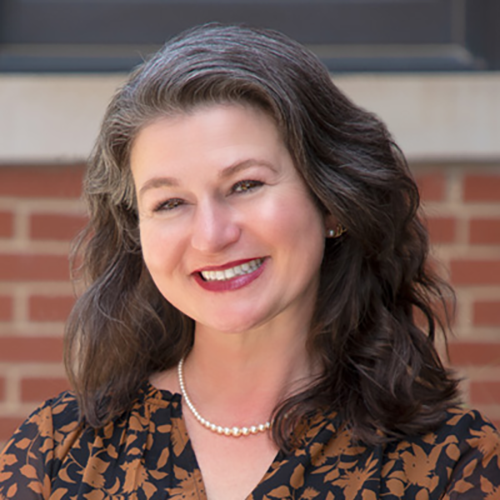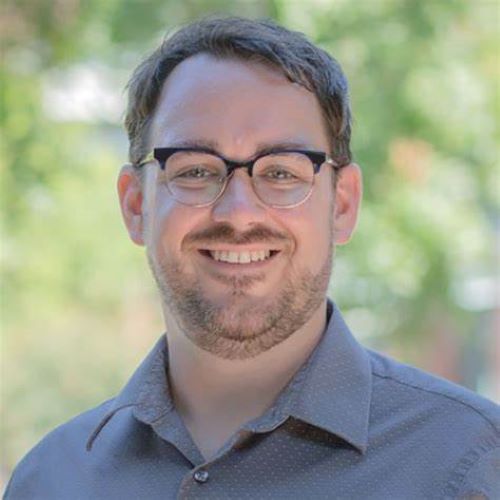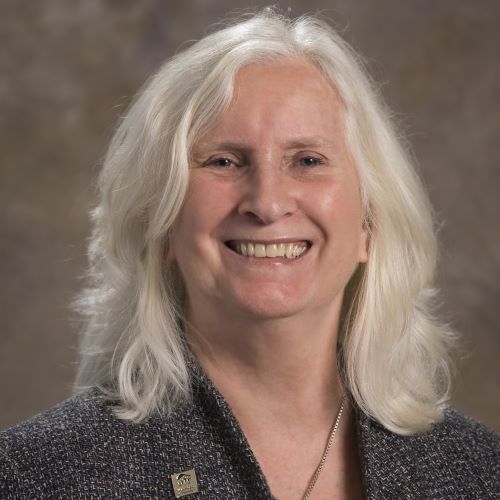2:30 - 3:20 p.m., Wednesday, September 25, 2024
TO WATCH RECORDING: CLICK TITLE, THEN CLICK THE 'attend virtual session' BOX
CLICK BOX TO WATCH RECORDING
Click here to attend virtual session
Still Separate, Not Equal
CLICK THE BOX ABOVE TO WATCH RECORDING OF THE VIRTUAL SESSION
Economic inequality between upper-income and middle-income households has continued to widen over the past 50 years. According to The Equality Trust, higher levels of inequality within communities impact everyone - those at the top and the bottom – and across several measures of social health that range from individual happiness and physical health to the occurrence of violent crime and economic stability. While much progress has occurred, research indicates that one's zip code is still more important to health than our genetic codes (RWJF, 2009). The quality of neighborhoods and schools significantly shapes the life trajectory and the social, mental, physical and economic health of adults and children. In what ways are policies and practices perpetuating inequality and access to safe, resource-rich neighborhoods, schools and work opportunities? What is the balance between individual and community responsibility? How do communities find equitable solutions by looking beyond differences and embracing the commonalities of all its peoples?
Panel Host: Dr. Tara Benson Q&A Moderator: Amanda Stadler
Presenters


